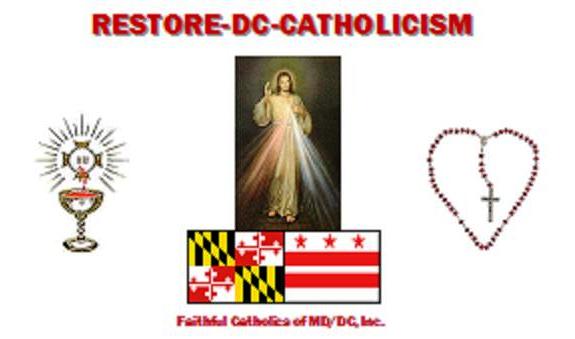Obviously the Consecration is still there and it certainly is valid. But we can say the same for the other three. Are the priests and congregation in such a hurry to rush through Mass so they can get on with whatever it is they want to do? Have they no recollection that the Mass is the most important item in their days, where they encounter the Lord Jesus Christ not just spiritually but physically?
If time is really an issue, there are many things that can be curtailed, if not eliminated.
- Congratulating "senor altar servers" and other parish volunteers during Mass (probably a liturgical abuse anyway).\
- Reciting half the bulletin
- Jokes and guffaws during homilies
- Quizzing the congregation during homilies (since when does the GIRM allow that?)
- Singing all verses of the entrance hymn
- Requiring the congregation to remain until all six verses of the recessional hymn is sung (violating the GIRM's stated purpose of the recessional)
Holy Mass is the pinnacle of our week - and the Consecration is the pinnacle of Mass, is it not? Does that not deserve more focus? Why not the first prayer - which is the Roman Canon, used for centuries? It is so much more expressive of the mysteries of our Faith. Can that not be used more than just 2 -3 times a year?
How many others have noticed this? Any thoughts?

Of the four Eucharistic Prayers, the fourth has a fixed preface and thus is rarely heard. That leaves the Roman Canon and Prayers II and III. The Roman Canon was our only anaphora in the Western Church prior to Vatican II. The other prayers were formulated in light of a vernacular liturgy. Eucharistic Prayer II (loosely based on Hippolytus) was envisioned for expediency, especially for weekday Masses and tight work schedules. The Tridentine Mass was often said on weekdays with rushed Latin (machine-gun speed). When the Roman Canon was translated, the hurried words distracted from both comprehension and from solemnity. Therefore, a more compact prayer was devised for the 20-25 minute weekday liturgy. We hear Eucharistic Prayer III the most these days although the Roman Canon is still my favorite. As for Eucharistic Prayer II, you are right that it gets the job done, albeit with dispatch. Of course, it should never be disparaged since it makes available to us both the real presence and the saving activity of Christ. That gives the anaphora an infinite quality despite its brevity. Always enjoy your blog! Peace.
ReplyDeleteAll of these things have been going on in my Parish for a VERY long time, including Eucharistic Prayer Number Two. We even clap (I will not) and congratulate other groups and ministries and individuals who need 'recognition' in the Parish. YET.......we are not allowed to pray the Prayer to St. Michael after Mass because, as my Pastor has stated: 'It takes away from the Mass, which is our greatest form of worship'. He seemed strangely defensive which is out of character for him when I asked him several years back if we could do this.....I was taken aback by the strangely 'hostile' response I received from him. Hmm......strange how all that works, eh?
ReplyDeleteStrange? Not at all. I think we can guess what's behind that.
DeleteI don't mind remaining until the music stops because I'm trying to say my thanksgiving prayers anyway but I don't stand until the end anymore. Once Fr. goes by I'm down.
ReplyDeleteAs I understand the GIRM, the recessional is to be sung AS the people are leaving, not before.
DeleteI agree with most of this. However, I don't understand why singing the entirety of the entrance hymn is a bad thing.
ReplyDeleteIf the hymn is a 5-verse affair and the priest is in and situated after the 2nd verse, I might dispense with the other three if that means other parts of the Mass will get short-changed.
DeleteI don't know about Sundays since I get to go to a TLM in Baltimore, but on weekdays it's Eucharistic Prayer II almost exclusively on weekdays -- so short, there's not even time in it to utter the word "sacrfice". With a former pastor, we got to hear the Roman Canon nearly every day, but alas, now it's used only on the rarest of occasions. And you've read, haven't you, Fr. Louis Bouyer's account in his memoirs published about a year ago (I don't think an English translation is out yet, but you can find this particular excerpt online) of how he and another priest hastily concocted it in a trattoria as they had a deadline the next day? You can almost picture the two of them scratching it out on a napkin - horrid!
ReplyDelete